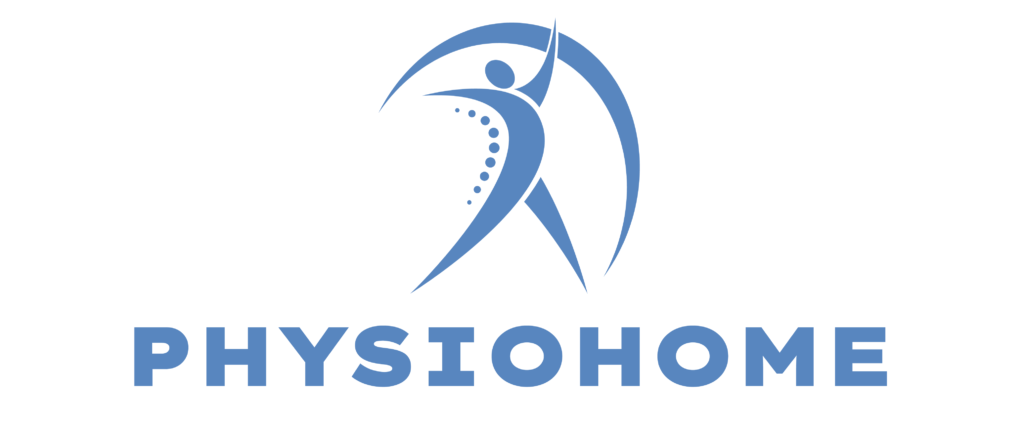Injuries can happen to anyone, at any time, disrupting our daily lives and activities. Whether it’s a sports-related injury, a workplace incident, or simply a misstep on the stairs, the journey from injury to recovery can be daunting. However, there’s a beacon of hope in the form of physiotherapy, a specialized branch of healthcare dedicated to restoring movement and function to those affected by injury, illness, or disability. In this blog, we delve into the transformative power of physiotherapy in guiding individuals through their recovery journey. From the initial assessment to the tailored treatment plans, physiotherapists play a crucial role in not only addressing the physical aspects of injury but also empowering patients mentally and emotionally. Join us as we explore the principles, techniques, and benefits of physiotherapy in aiding individuals from all walks of life in their quest to bounce back stronger from injury.
A Step-by-Step Guide to Starting Physiotherapy for Injury Recovery
Injuries are an unfortunate reality of life, whether they stem from sports activities, accidents, or the wear and tear of daily living. However, the path to recovery often begins with physiotherapy. Physiotherapy, also known as physical therapy, is a specialized healthcare profession aimed at helping individuals regain movement and function after injury or illness. If you’re new to physiotherapy or about to embark on your recovery journey, this step-by-step guide will walk you through what to expect and how to get started on the road to recovery.

Finding the Right Physiotherapist
Choosing the right physiotherapist is key to a successful recovery journey. Look for a qualified and experienced professional who specializes in treating your type of injury. You should feel comfortable communicating with your physiotherapist and confident in their ability to guide you through the rehabilitation process.
Initial Assessment and Goal Setting
During your first visit, your physiotherapist will conduct a comprehensive assessment to evaluate your range of motion, strength, flexibility, and any functional limitations. Based on this assessment, you’ll work together to set realistic goals for your recovery. These goals will serve as milestones to track your progress throughout your physiotherapy journey.
Developing a Personalized Treatment Plan
Once your goals are established, your physiotherapist will design a personalized treatment plan tailored to your specific needs and objectives. This plan may include a combination of manual therapy techniques, therapeutic exercises, modalities such as heat or ice, and education on injury prevention and self-management strategies.
Learning Proper Techniques and Exercises
Your physiotherapist will guide you through a series of exercises and techniques aimed at improving your strength, flexibility, balance, and mobility. It’s essential to pay attention to proper technique and form to maximize the effectiveness of each exercise and minimize the risk of further injury.
Monitoring Progress and Adjusting Treatment
Throughout your physiotherapy sessions, your progress will be closely monitored, and your treatment plan will be adjusted accordingly. Your physiotherapist may modify exercises, introduce new techniques, or advance your program as you improve. Open communication with your physiotherapist is crucial to ensure that your treatment remains effective and aligned with your goals.
Common Injuries and Their Physiotherapy Solutions
Injuries are a part of life, but they don’t have to derail us completely. With the right physiotherapy interventions, many common injuries can be effectively managed and rehabilitated. Let’s explore some of these injuries and the physiotherapy solutions that can help individuals get back on track to optimal health and function.
- Sprains and Strains: Physiotherapy focuses on reducing pain and inflammation, restoring strength and flexibility, and improving joint stability through targeted exercises, manual therapy, and progressive rehabilitation programs tailored to the specific injury site.
- Fractures and Orthopedic Injuries: Physiotherapy plays a crucial role in promoting healing, restoring range of motion and function, and preventing complications such as stiffness or muscle weakness through gentle mobilization techniques, therapeutic exercises, and modalities like ultrasound or electrical stimulation.
- Back and Neck Pain: Physiotherapy aims to alleviate pain, improve spinal alignment and posture, and strengthen supporting muscles through manual therapy, targeted exercises to improve core stability and flexibility, and education on proper body mechanics and ergonomic practices.
- Sports Injuries: Physiotherapy focuses on accelerating recovery, restoring optimal function, and preventing re-injury through sport-specific rehabilitation programs, biomechanical analysis, and performance enhancement techniques tailored to the demands of the individual’s sport or activity.
Benefits Beyond Recovery: How Physiotherapy Enhances Overall Well-being
Physiotherapy, often associated with injury recovery, offers benefits that extend far beyond simply rehabilitating specific injuries. While it’s true that physiotherapy is instrumental in restoring movement and function after injury or illness, its impact on overall well-being encompasses a wide range of physical, mental, and emotional benefits. In this exploration, we delve into the holistic advantages of physiotherapy and how it contributes to enhancing the quality of life beyond recovery.
Improved Physical Function and Mobility
One of the most apparent benefits of physiotherapy is its ability to improve physical function and mobility. Through targeted exercises, manual therapy techniques, and specialized treatments, physiotherapy helps individuals regain strength, flexibility, and coordination, enabling them to perform daily activities with greater ease and efficiency.
Pain Management and Relief
Chronic pain can significantly diminish one’s quality of life, affecting everything from sleep to mood and overall well-being. Physiotherapy offers effective pain management strategies, including therapeutic exercises, manual therapy, and modalities such as heat or ice therapy, to alleviate pain, reduce inflammation, and promote healing without relying solely on medication.
Enhanced Posture and Body Alignment
Poor posture and musculoskeletal imbalances can contribute to a variety of health issues, including back pain, neck pain, and headaches. Physiotherapy addresses these issues by correcting alignment, strengthening supportive muscles, and teaching proper body mechanics, resulting in improved posture, reduced strain on the body, and a decreased risk of future injuries.
Stress Reduction and Mental Health Support
Physical health and mental well-being are closely interconnected, and physiotherapy plays a role in promoting mental health by reducing stress, anxiety, and depression. Engaging in regular physical activity through physiotherapy releases endorphins, the body’s natural mood-boosting chemicals, and provides a sense of accomplishment and empowerment, which can positively impact mental health.
Increased Independence and Confidence
Regaining independence and confidence after injury or illness is a significant aspect of rehabilitation. Physiotherapy not only improves physical function but also fosters self-reliance and confidence in one’s abilities. As individuals progress through their physiotherapy programs, they gain the skills and confidence to manage their health and well-being independently, leading to a greater sense of empowerment and autonomy.
Conclusion
The journey from injury to recovery is not just about physical healing; it’s about regaining confidence, mobility, and quality of life. Physiotherapy stands as a beacon of hope, guiding individuals through tailored exercises, hands-on techniques, and holistic approaches to rehabilitation. Whether it’s recovering from a sports injury, managing chronic pain, or regaining mobility after surgery, the expertise and support of physiotherapists at Physiohome in Ras Al Khaimah, United Arab Emirates, can make all the difference. Embrace the path to recovery with confidence, knowing that a team dedicated to your well-being stands ready to assist you every step of the way.
For more information on how physiotherapy can help you on your journey to recovery, feel free to contact us at Physiohome. Reach out to us at +971 52 730 9683, and let our experienced professionals guide you towards a healthier, more active lifestyle.

